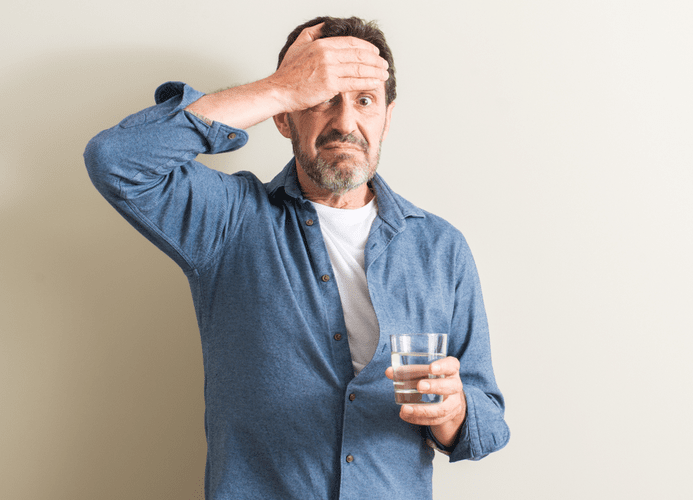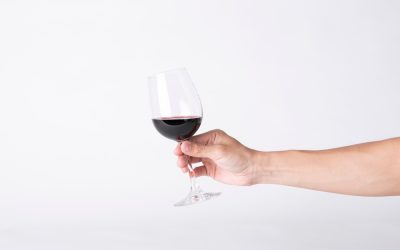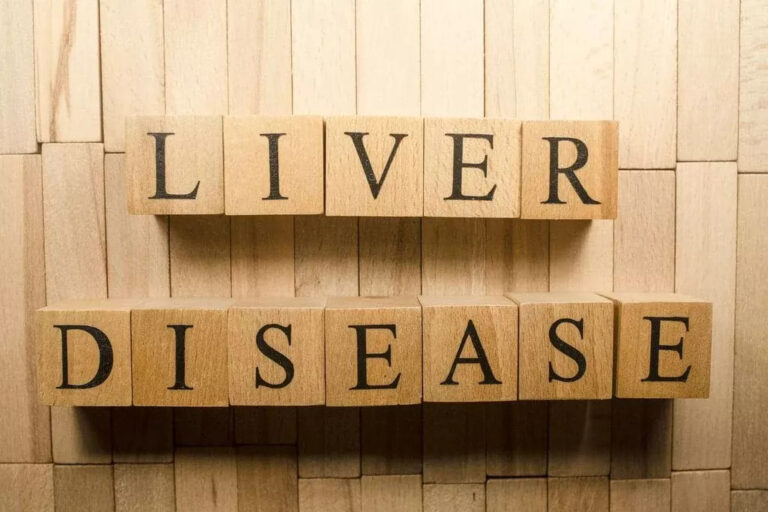Juvenile Drug Possession Laws and Penalties
Contents
Diversion programs and eligibility requirements are generally set by prosecutors’ offices . While sometimes reserved for first-time offenders, more offices have opened up diversion options to repeat and felony-level offenders. Even if a vehicle wasn’t involved in the offense, judges can often suspend or cancel a minor’s driver’s license until they reach 18. If security personnel see something suspicious, they will look more closely at your luggage and create a detailed image. If you follow the rules and are prepared to answer questions, you should be able to go.
New York does not apply its Marihuana decriminalization law to Concentrated Cannabis. There is no explicit justification for this in the statute, but specific penalties for offenses involving Concentrated Cannabis are separated from those involving plant-form Marihuana and the distinction is noted in caselaw. In the juvenile justice process, the prosecutor typically files a delinquency petition alleging the minor violated the law. If the case ends up in court, the juvenile will go through an “adjudication” or “adjudicatory” process rather than a criminal trial.

Penalties for violating the California Uniform Controlled Substances Act can be as high as $150. The police will probably charge you if they suspect you of supplying drugs. The amount of drugs found and whether you have a criminal record will affect your penalty. Police can issue a warning or an on-the-spot fine of £60 on the first 2 times that you’re found with khat. If you’re found with khat more than twice, you could get a maximum penalty of up to 2 years in prison, an unlimited fine, or both. You also need to remember that if your teen had drugs on them at school this is against the law.
North Carolina considers a “small amount” to be a half-ounce or less, and calls it “simple possession of marijuana.” No jail time is involved for a first offense, and it is a misdemeanor, but there is a $200 fine. If you’re in possession of more than that, up to 1.5 ounces, it is still a misdemeanor, but carries a $1,000 fine and up to 45 days in jail. If someone is caught with more than 1.5 ounces, up to 10 pounds, they‘ll be charged with a felony, given a $1,000 fine and spend as much as 8 months in jail. If you are found guilty of the charges for possession of more than 8 grams of concentrated cannabis products, you can be sentenced to prison.
How much weed is a felony in Georgia?
Likewise, they can conduct screenings that will help identify any underlining issues like a mental health issue or a behavioral issue. Finally, as you talk with your teen, keep in mind that how you react to the news that they had drugs on them at school is important to their recovery. They need to understand the gravity of their choices, but they also need to know that you love them in spite of their mistakes.

When someone is convicted of an offense punishable by a mandatory minimum sentence, the judge must sentence the defendant to the mandatory minimum sentence or to a higher sentence. The judge has no power to sentence the defendant to less time than the mandatory minimum. A prisoner serving an MMS for a federal offense and for most state offenses will not be eligible for parole. Even peaceful marijuana smokers sentenced to “life MMS” must serve a life sentence with no chance of parole. Both of these infractions of the law are considered to be minor infractions.
Is a dab pen a felony in Texas?
The amount of cannabis that was found will, in most cases, be the primary consideration used to establish the severity of the punishment, which may range from a monetary fine to imprisonment for a number of years. Even though the highest sentence a person can receive is ten years in prison, such severe punishment is often reserved for organized criminal gangs. Many children as young as twelve years old are feeling pressured to try cannabis in the Netherlands. The reason for this is because of the tolerance principle that is in place, meaning that authorities cannot prosecute someone for possessing cannabis if it is under five grams. Because of the lack of enforcement in this, it is giving children the opportunity to possess marijuana in small amounts.

In these coffeeshops, they sell cannabis, which is considered to be soft drugs in comparison to hard drugs; drugs such as heroin. The purpose of these coffee shops are to help people who use soft drugs such as cannabis, to avoid contact with hard drugs, such as heroin. While cannabis can be sold legally through coffeeshops, trafficking the drug is illegal under Dutch law, which means that the coffeeshops have to obtain their cannabis secretly and illegally. Uruguay is the first nation in the world to regulate all aspects of the cannabis market for those that are at least 18 years old.
Is growing weed a felony in California?
First-time offenders who are charged with possession should contact a criminal defense lawyer who is experienced with drug crimes right away. Your attorney may be able to negotiate with the court for alternatives like probation or keeping the offenses from your criminal record. The drug laws in Colorado and the U.S. as a whole are complicated, as can be your case, so it’s important to find a lawyer who can talk you through the process and answer all of your naltrexone for alcoholism questions. Selling or possessing with the intent to sell, more than 2.5 – 10 grams of marijuana is a Class A misdemeanor, punishable by a maximum sentence of 1 year in prison and a maximum fine of $2,500. In rare cases, a court will order a juvenile into detention for drug possession. Detention can involve home confinement, placement with a foster family or guardian, placement in a juvenile or group home, or placement in a secure juvenile detention center.
Most schools will place a student who is caught with drugs or alcohol on some sort of suspension where the student at least temporarily loses their rights to sit in a classroom. Find an attorney specializing in youth drug-related crimes who is familiar with how local cases are handled. Some areas have local youth courts or are able to dismiss charges if a teen attends treatment or counseling. Your attorney should be able to offer advice beginning in the investigation period, and then provide legal counsel throughout the case if charges are filed against your teen. If your teen was caught bringing drugs to school, they almost certainly will be suspected of violating local criminal or juvenile delinquency laws. Each state has its own set of criminal codes that differ from one another.
Possession of more than 500 – 2,000 grams of marijuana is a Class 3 felony, punishable by a minimum sentence of 2 years and a maximum sentence of 5 years, as well as a fine of $25,000. Using a child to assist in the sale of marijuana is a class E felony and is punishable by no more than 4 years of imprisonment and a fine not to exceed $5,000. This offense includes hiding marijuana on a child or otherwise directing a child to assist in a marijuana sale. Sale of marijuana in an amount 25 grams or less is a class A misdemeanor and is punishable by no more than 1 year of imprisonment and a fine not to exceed $1,000.
- For a first offense, the sale of more than 30 grams of cannabis can result in a sentence of between 2.5 and 5 years in prison as well as a fine of $15,000.
- The statute also includes all derivatives, compounds, and preparations of the plant under the definition of Cannabis, effectively including any other Marijuana Concentrates.
- Penalties for violating the California Uniform Controlled Substances Act can be as high as $150.
- Many children as young as twelve years old are feeling pressured to try cannabis in the Netherlands.
- For example, in the state ofFlorida, an individual caught in possession of less than 20 grams of marijuana, will be charged with First Degree Misdemeanor Possession of Cannabis , regardless of whether they are an adult or a minor.
You may go to jail for less than a year, or you could go to prison for several years. While they fear substance abuse, citizens of the Netherlands are accepting of the decriminalization of cannabis because individuals will often start to find it “boring” and no longer want to consume cannabis. There is currently no neurotoxic medications movement towards decriminalization or legalization of cannabis for minors. Medical cannabis is used for children with severe illnesses such as cancer and epilepsy. The use of cannabis relieves the pain and is seen as a “healthier” alternative because it is less addictive than drugs such as morphine and Oxycontin.
In Texas, those who are arrested for the first time for marijuana possession risk the possibility of being convicted of a Class B misdemeanor, which carries a maximum fine of $2,000 and a maximum prison sentence of 180 days. When an offender is found in possession of more than 4 ounces of marijuana but less than 5 pounds of the material, the charges and penalties against them are increased. The distribution of marijuana to a juvenile is considered a crime of the third degree and is punished by a maximum sentence of three years in jail and a fine of $5,000 for first-time offenders. The commission of further offenses results in the charging of the offender with a felony of the second degree, which carries a maximum sentence of nine years in prison and a maximum fine of $10,000.
Can you fly weed 2022?
Sale of any amount of Concentrated Cannabis by a person 21 years old or more to a person 17 years old or younger is a class B Felony subject to no more than 25 years imprisonment and a fine not to exceed $30,000. Growing over 6 cannabis plants is a class A misdemeanor and is punishable by up to 1 year of imprisonment and/or a fine of up to $1000. Without compensation, exchange of up to 3 ounces of marijuana or 24 grams of concentrate carries no penalty, no imprisonment, and no fine.
Possession of one ounce or more of Concentrated Cannabis is a class C Felony, punishable by up to 15 years imprisonment and a fine of no more than $15,000. Possession of between one-fourth of an ounce and one ounce of Concentrated Cannabis is a class D Felony, punishable by up to 7 years imprisonment and a fine of no more than $5000. Marijuana and its nutritional therapy for alcohol use disorder synthetic “equivalents” are considered Schedule I hallucinogenic substances under New York Public Health Law. Synthetic equivalents include resinous extracts and derivatives with similar chemical properties. A user who consumes alcohol to a moderate degree may continue to show positive test results for up to 21 days following their last usage.
How do police catch you growing weed?
Speak with a criminal defense attorney in your area who has experience defending juvenile cases. A lawyer can help you understand how the juvenile delinquency process works, what constitutional rights juveniles have in these cases, and what having a juvenile record might mean for your future. To be convicted of drug possession, a juvenile must have knowingly possessed or controlled the prohibited substance. Simply saying “I didn’t know it was there,” however, won’t be enough to avoid a conviction.
The statute also includes all derivatives, compounds, and preparations of the plant under the definition of Cannabis, effectively including any other Marijuana Concentrates. There is no reference to any difference in penalties between Hashish or Marijuana Concentrates and plant Cannabis in the statute. Generally, legalization means a policy that supports a legally controlled market for marijuana, where consumers can buy marijuana for personal use from a safe legal source.
After the legalization had passed within Uruguay, there was an increase in secondary school students’ prevalence with the drug. In 2003, 8.4% of students had consumed marijuana during the previous twelve months, and in 2014, 17% had. The typical user at this age was much more likely to be male than female. There are many concerns about this increase in cannabis use, which is why new prevention strategies are being suggested, such as drug education courses. If you possess alcohol and you’re under 21, you can be charged with a second-degree misdemeanor for a first offense. If you’ve been found guilty of this charge before, then the charge is a first-degree misdemeanor.
